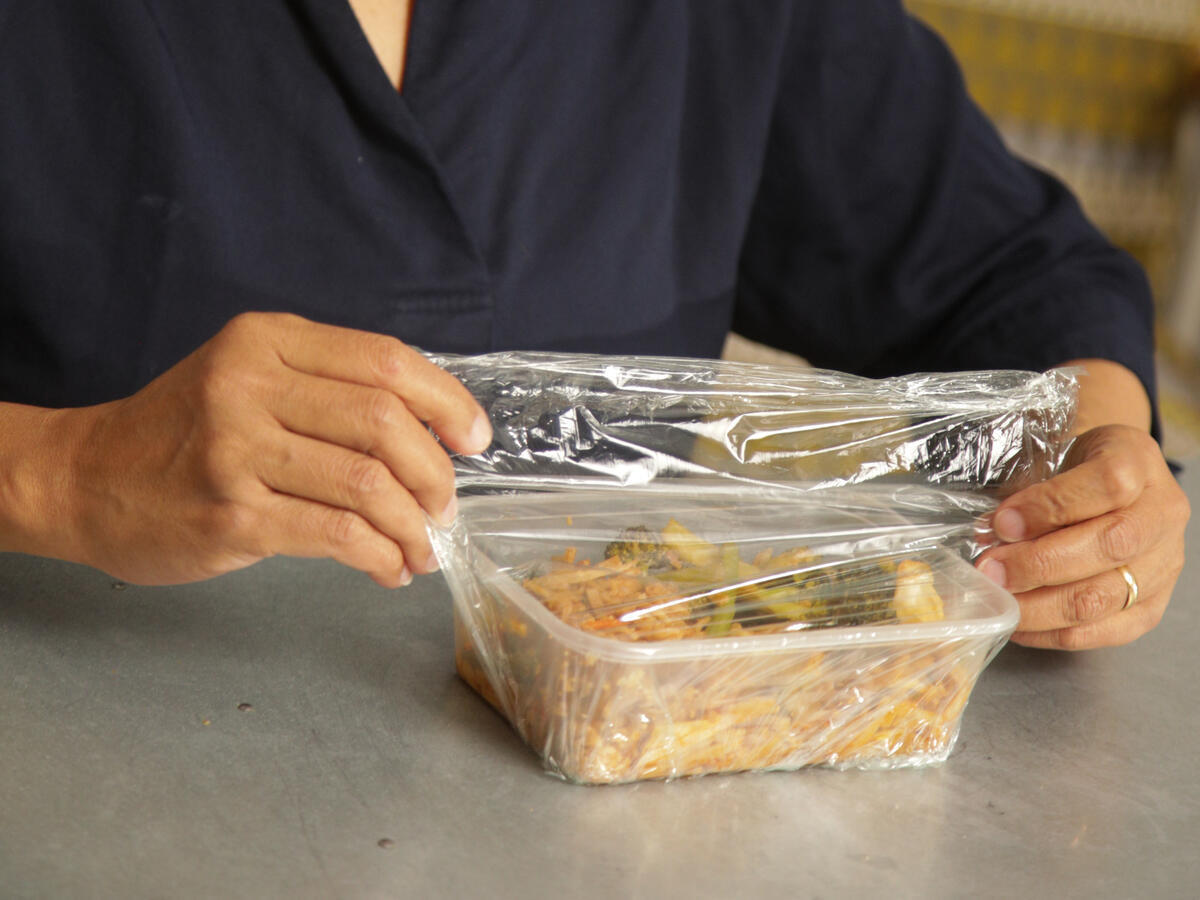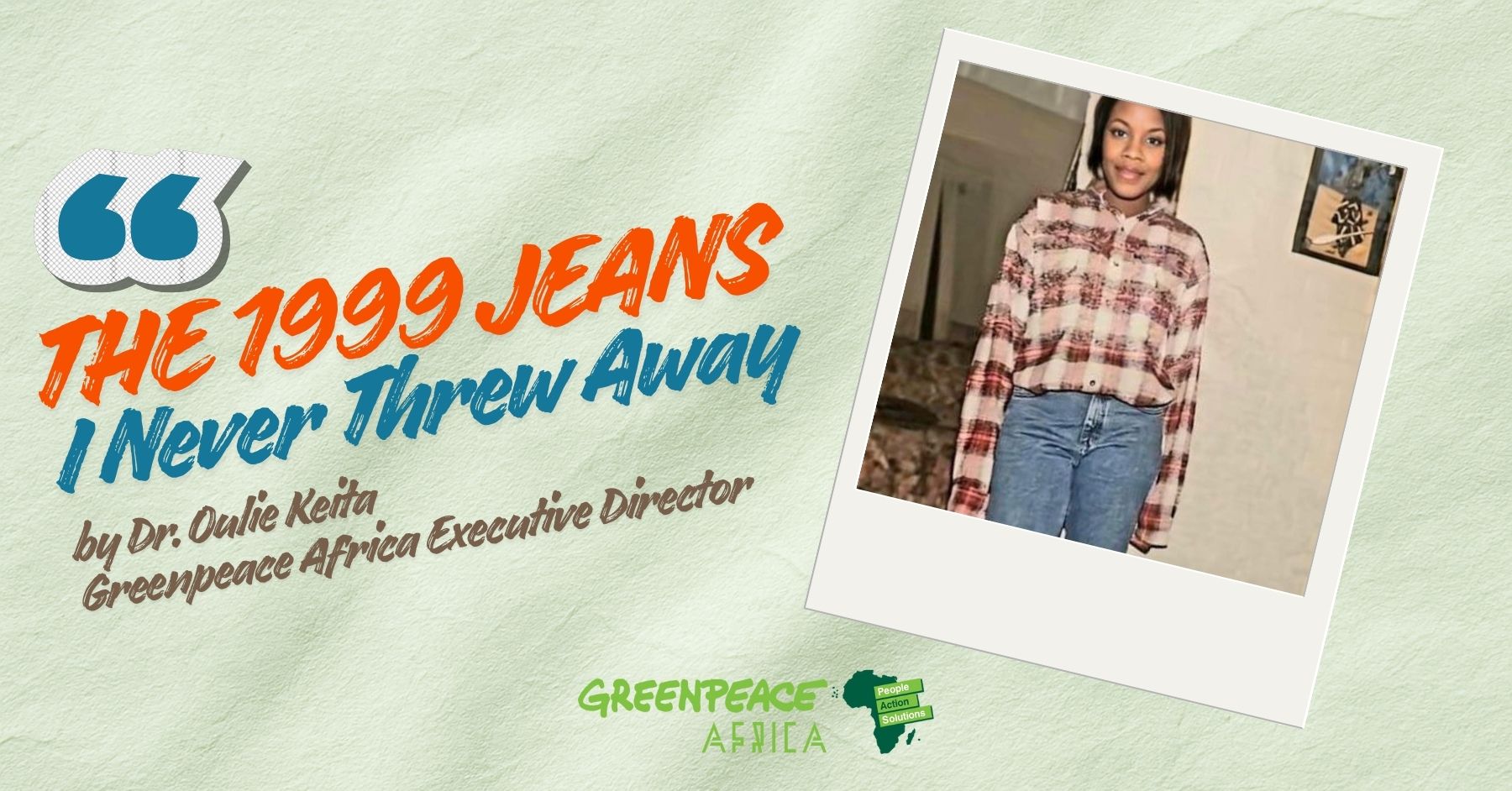Reacting to this development, Greenpeace Africa’s Senior Food for Life Campaign manager, Renee Olende has said:
“The National Environment Management Authority (NEMA) has turned a blind eye on a thriving black market for plastic bags in Kenya. Traders in several countries still use plastic bags despite the ban being in place. NEMA needs to put more effort and seal all loopholes for effective implementation of this ban and uphold its commitment to the East African Community Polythene Materials Control Bill.”
The plastic ban in Kenya is a bold and timely step as it contributes to the global effort of protecting the environment. Plastic constitutes 60-80% of all marine litter and is increasing at an alarming rate. It leads to the loss of marine live, flooding of Kenya’s cities, causes animal death, clogged waterways, soil degradation, landscape litter soil, toxic air and water pollution.
“Although majority of Kenyans have generally showed willingness to accept the change, many continue to use the prohibited bags. NEMA needs to undertake civic education and extensive awareness program to educate the public on the negative impacts of plastic to both humans and the environment and the alternative options available. The government of Kenya should also subsidise the eco- friendly bags, ” continued Olende.
[1] The East Africa Legislative Assembly (EALA) passed the East African Community (EAC) Polythene Materials Control Bill in 2016.This was aimed at providing a legal framework for the preservation of a clean and healthy environment through the prohibition of manufacturing, sale, importation and use of polythene materials.It is imperative that all member states adhere to this legislation and ban plastics in their countries. This ban will be more effective if all countries in the East African Community impose similar laws.
Media Contact:
[email protected]; Communication Officer; + 254 708 056 207
Related Posts
-

Reheating plastic food containers: what science says about microplastics and chemicals in ready meals
Scientific research increasingly shows that heating food in plastic packaging can release microplastics and plastic chemicals into the food we eat.
-

Greenpeace’s Rainbow Warrior docks in Cape Town to mobilise resistance against fossil fuel expansion in African waters
The iconic Greenpeace ship, Rainbow Warrior, has docked in Cape Town and opened its door to the public as part of a campaign challenging fossil fuel expansion and plastic pollution in African waters, while mobilising public support to defend ocean and climate justice.
-

The 1999 jeans I never threw away
Remembering what fashion forgot: why keeping what we have might just save the planet.
